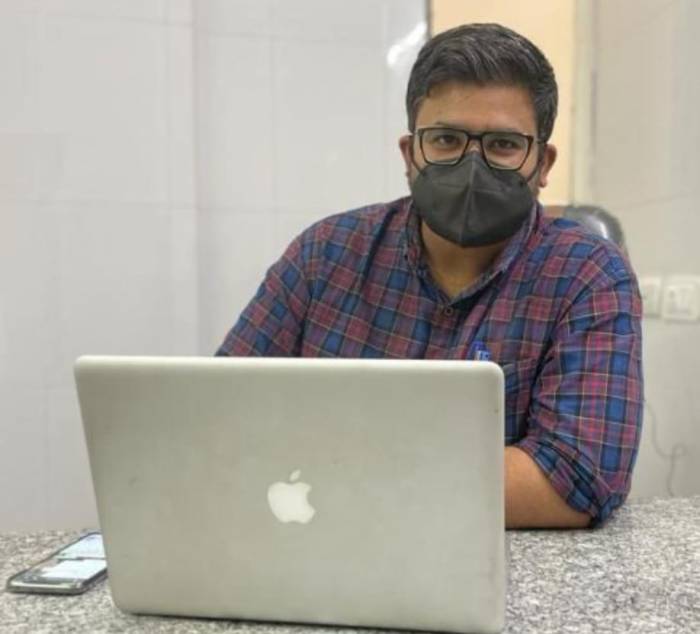
PILES AND ITS TREATMENT
We learn more about Piles and the way to fight them with Dr KARAN R RAWAT, Proctologist from AGRA, India
Any bleeding from the rectum is quickly tagged as Piles. Although Piles do remain the commonest cause, blood in the pot could be due to numerous reasons like fissure, proctitis or rectal tumor. Irrespective of the cause, it would be wise to get oneself evaluated from a Proctologist to avoid any further complications.
What are Piles and what are the causes?
Piles aka Haemorrhoids are swollen blood vessels near the anal opening, occasionally felt as soft lumps. People are under misconceptions that spicy food, excessive cycling/exercising, sitting on cold surfaces etc causes haemorrhoids.
The actual causes are:
- Long-standing constipation
- Persistent hard stools
- Pregnancy
- Excessive straining during defecation
- Chronic cough
How can I be sure I have Piles?
If you suspect you have piles or are unsure of a problem you’re having in the bottom region, you should see a Proctologist. This is a specialist who deals with conditions of the anorectal region like Piles, Fissure, Fistula, Pilonidal Sinus etc. Haemorrhoids are easily diagnosed by a simple test called Proctoscopy.
What are the types of Piles?
Hemorrhoids are classified into 4 grades depending upon how far the disease has progressed. Grade 1 is the mildest with only bleeding; when bleeding is accompanied by some swelling in the region that tends to protrude out during defecation, it signals Grade 2. The swelling (called as Prolapse) is also seen in Grade 3 but the difference is that it does not go back inside on its own after passing stools and has to be manually pushed back in. Grade 4 piles are the most severe in which the Prolapse cannot be pushed in and tends to permanently remain out. If the causes are not eliminated, and the disease is not arrested in the early stages, it has a tendency to progress.
If I have blood in stools, does it mean I have Piles?
Although Piles are the commonest cause of blood in the pot, Anal Fissure is a close second, constipation being a common cause of both. Thus, it’s not surprising to find a person simultaneously suffering from both Piles and Fissure. Diverticulitis, in which pouches are formed in the intestine, or Proctitis, which is basically an
inflammation of the rectum can also lead to bleeding in stools. Infrequently, small growths of excess tissue called Polyps can form in the rectum, and present with symptoms similar to Piles.
I have bleeding during motions, and I’m worried it could be cancer. What should I do?
Malignancy of the rectum is a rare cause of blood in stools. It is usually accompanied by other symptoms like weight loss, weakness, change in bowel movements etc. However, in case of doubt, its best to get evaluated from a specialist, especially if you have change in colour of stools (blackish), as this could be a tell-tale sign of malignancy higher up in the intestine. If your doctor feels suspicious, a test called Colonoscopy is done for a precise diagnosis.
Can Piles be permanently cured?
Hemorrhoids can be permanently cured! You do not have to live with it and treating them does not necessarily entail an invasive surgery. Treatment specific to the grade of piles exists. Grade 1 and some cases of early grade 2 are treated with MCDPA, a combination of Medications, Constac Laxative, Diet, Physiotherapy, and Anoac preparation.
Advanced grade 2 and early grade 3 are treated with Laser (LHP), which provides quick and safe cure with negligible chance of recurrence. When the disease reaches advanced grade 3 or grade 4 due to long-standing ignorance, Stapler Haemorrhoidopexy works effectively. Stapler surgery ensures complete removal of the protruding mass with minimal chance for recurrence. When done by an expert, these procedures do not harm the anal sphincter, thus control over motion remains intact.
For more information about what is a suitable treatment option for you, please consult with your doctor. If you have any queries on this article, you may connect with author Dr KARAN R RAWAT, Proctologist on +91 7398888889



